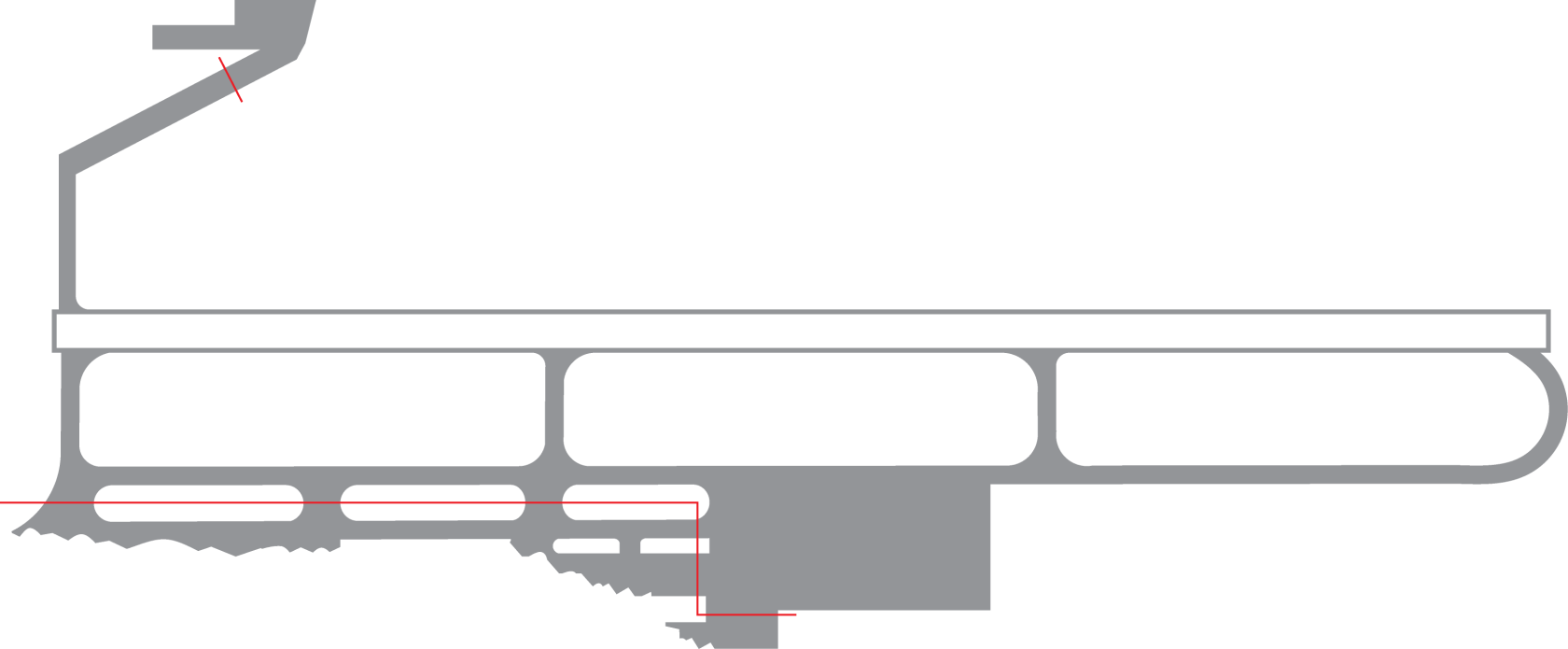General
Before you fly...
Welcome to Mönchengladbach! This small airport primarily hosts private jets, business charters, and other general aviation aircraft. It is not big enough for airliner traffic except for some small regional turboprop aircraft.
Although the airport has a simple layout and low traffic levels on VATSIM, you should still prepare yourself thoroughly to keep it fun for everyone and avoid mistakes which might lead to delays for yourself and other users.
If you are new to VATSIM, Mönchengladbach can be a great airport to get used to more complex airspaces once you have gotten a bit more comfortable with flying on the network. It rarely gets very busy, so making smaller mistakes will usually not have a negative impact on anybody else's experience on the network, at least on the ground; but the airport's location within the Köln/Düsseldorf TMA, Germany's most complex airspace, as well as its CTR's border with the Düsseldorf CTR leave little room for navigational errors or altitude busts. Additionally, when flying IFR, you may experience busier frequencies during departure and arrival and should already be experienced enough to be comfortable with these frequencies.
ATIS
Mönchengladbach's ATIS is broadcast from the Mönchengladbach VOR in the real world. Due to limitations with VATSIM's audio system, implementing such VOR-hosted ATISes is currently not possible. Thus, the fictional frequency 121.815 is used on VATSIM instead of the one you will find on your charts.
Parking position
Please make sure you choose an appropriate stand for your aircraft type.
Most business jets and turboprops park on the main apron in front of the Tower or on the commercial apron in the Southwest.
Smaller general aviation aircraft will usually park inside or in front of the hangars.
Maintenance flights will often park North of the runway.
Non-movement area
Mönchengladbach is one of the very rare airports in Germany which has non-movement areas on its apron. Only taxiways A, B, C, D, and F as well as the main apron in front of the Tower are controlled. Pilots are allowed to taxi without clearance in the non-movement area, e.g. to taxi from the hangar to the run-up area. However, before initiating movement toward the movement area and before entering the movement area, you are still required to acquire a taxi clearance from ATC. When you receive a taxi clearance into the movement area while you are in the non-movement area, you are expected to reach the first cleared taxiway on the shortest way possible; likewise when cleared to a parking position in the non-movement area, you are expected to take the shortest path between the last cleared taxiway and your parking position.

only areas on the runway side of the red line are controlled
Handoffs
When instructed to contact another controller, do so as soon as possible. This will avoid you having to stop moving or level off. Please do not hold your position to switch the frequency, keep moving on the ground!
Be aware that some frequencies in use might not be shown in the controller list of your pilot client, so it is important that you listen carefully to what ATC says.
Auto-handoff
Mönchengladbach utilizes an auto-handoff procedure for IFR departures where Tower will not hand off outbounds to the approach controller. As the airborne frequency changes depending on the operating direction and staffed positions at Düsseldorf, it will always be given to you by the TowerGround controller.controller during your enroute clearance; should the frequency change again before you depart, ATC will advise you of the updated airborne frequency.
Contact the airborne frequency immediately when airborne unless explicitly told to remain on Tower frequency.
